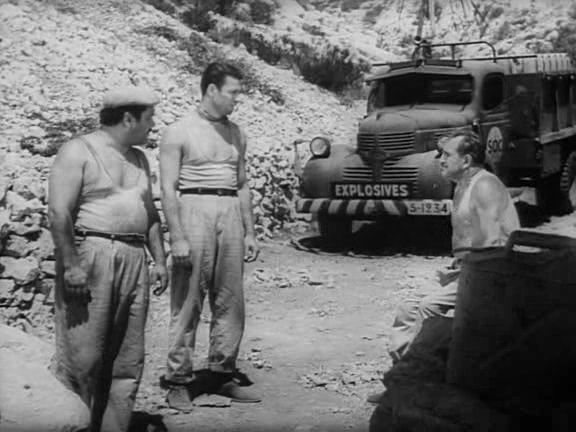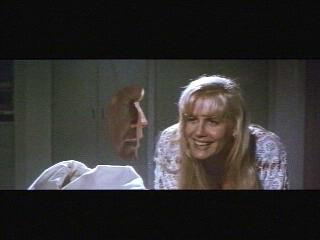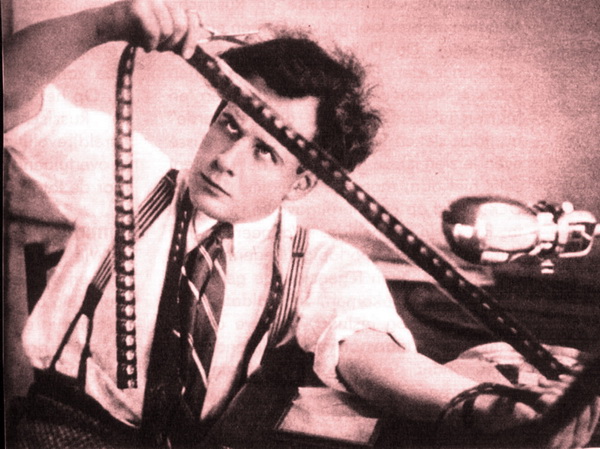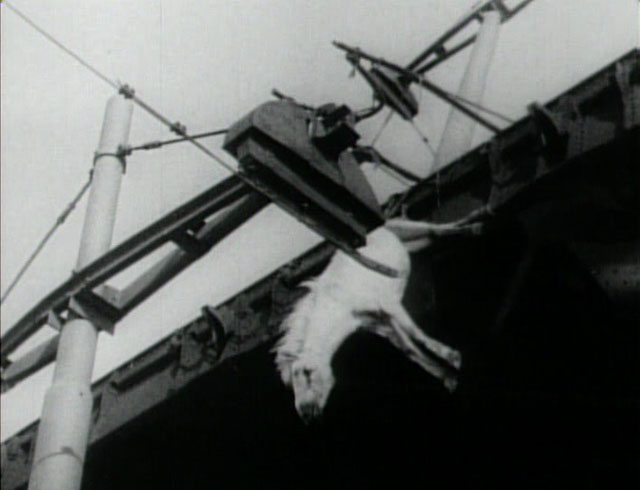One ironic footnote to the following article, which ran in the March 6, 1992 issue of the Chicago Reader, is that it was itself subjected to a kind of “soft censorship”. Specifically, my editors refused to allow me to allude to having known Chevy Chase personally as a classmate at Bard College during the mid-1960s, which I thought gave some additional weight to some of my reflections about the personal nature of Memoirs of an Invisible Man. (Since I no longer have access to my initial draft, I can’t spell this out here in any detail, except to note that Chase’s jazz piano now figures in the final draft only as a parenthetical detail.) Not only did Chevy and I share a course or two, but we also bonded in various ways through our mutual interest in jazz: in a few student jam sessions, I played piano while Chevy played drums (although he also played some piano even then), and we collaborated at one point with Blythe Danner (another Bard classmate, and a jazz vocalist at the time) on a successful project to bring Bill Evans and his trio to campus to give a concert. —J.R.


THE WAGES OF FEAR
*** (A must-see)
Directed by Henri-Georges Clouzot
Written by Clouzot and Jerome Geronimi
With Yves Montand, Charles Vanel, Vera Clouzot, Folco Lulli, Peter Van Eyck, and William Tubbs. Read more
Posted in (or on) Moving Image Source on August 18, 2010. — J.R.

“Having provided over 30 audio commentaries for DVD releases,” Australian film critic Adrian Martin wrote recently in his column for the Dutch film magazine Filmkrant, “I feel I have earned the right to criticize the format. These voice-over commentaries provided by filmmakers, critics and historians are decidedly a mixed blessing. I sometimes wonder whether anybody, except the most dedicated and/or masochistic researcher, ever listens to them all the way through. No one can doubt that these voice-tracks sometimes give us splendid insight or information that we cannot obtain elsewhere in print. But are they really the best we can do in the quest to marry film criticism with the film-object itself?”

Martin is hardly alone in articulating this position. Many of my friends who collect DVDs, maybe even most of them, avow that they tend to skip audio commentaries entirely, and it’s difficult not to share their bias In most of these run-on spiels, the remarks rarely coincide with what one is seeing (or hearing), and one often feels that the commentator, whether it’s a critic or a participant in the filmmaking, is simply taking the easy way out — doing a free-form improv rather than bothering to write a carefully considered text. Read more
From Sight and Sound (Summer 1985). This is a revised and expanded version of a lecture given at the Rotterdam International Film Festival’s Market in early 1985, the second year I attended the festival. Some of it’s obviously very dated now (hopefully in a way that’s historically instructive) and some of it anticipates a few of the arguments made in my book Movie Wars: How Hollywood and the Media Limit What Films We Can See 15 years later. The late Huub Bals, director and presiding spirit of the Rotterdam festival, asked me to give this talk, and, as I recall, it was well attended; the audience members included, among others, Eszter Balint (the female lead in Stranger Than Paradise), Bernardo Bertolucci, Sara Driver, Jim Jarmusch, and Rudy Wurlitzer. –- J.R.
A feeling of having no choice is becoming more and more widespread in American life, and particularly among successful people, who are supposedly free beings. On a concrete plane, the lack of choice is often a depressing reality. In national election years, you are free to choose between Johnson and Goldwater or Johnson and Romney or Reagan, which is the same as choosing between a Chevrolet and a Ford — there is a marginal difference in styling. Read more




